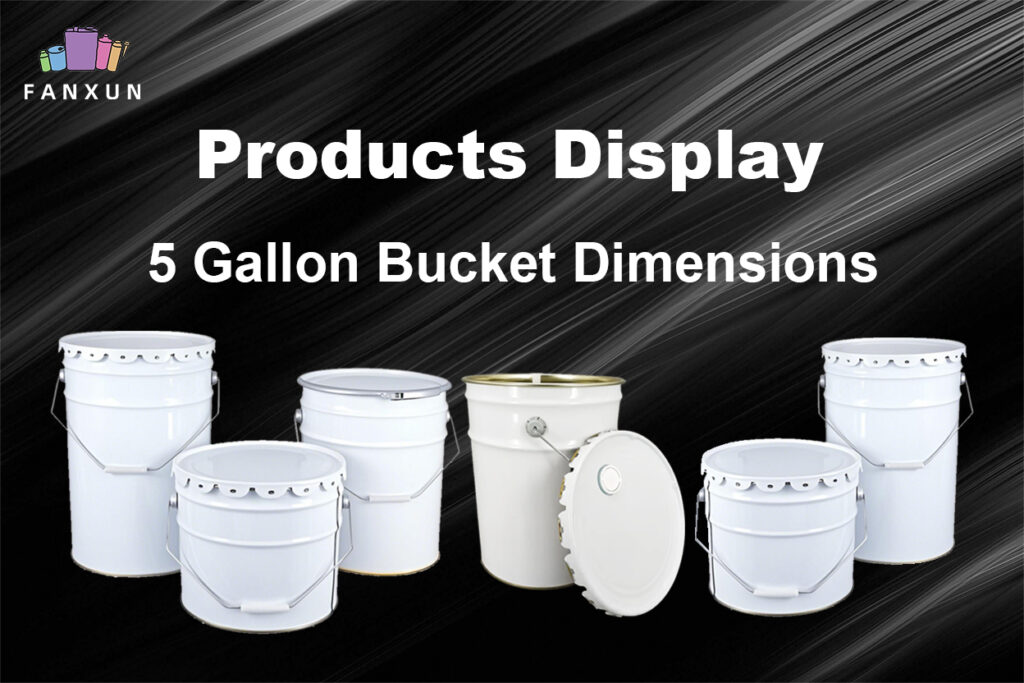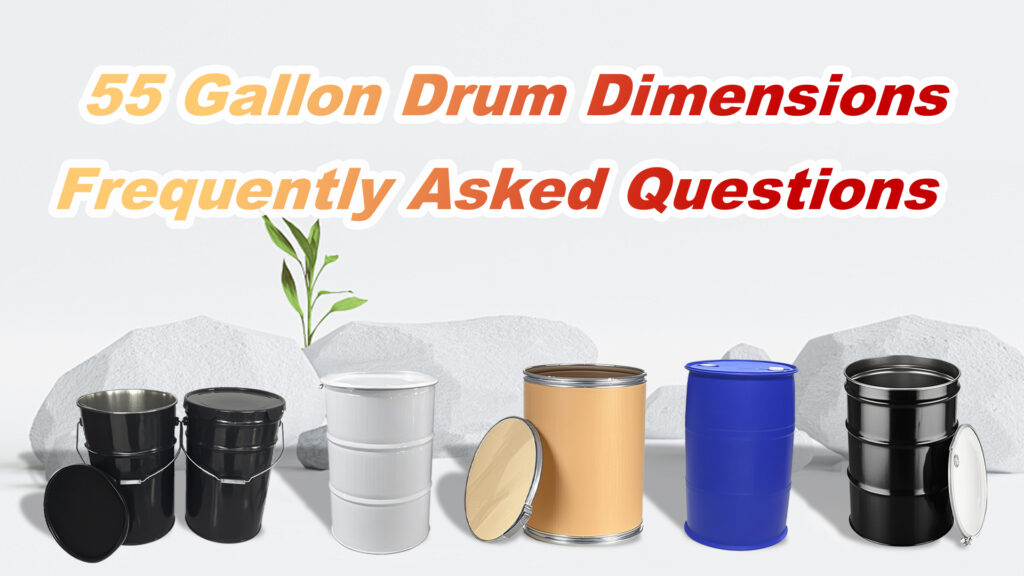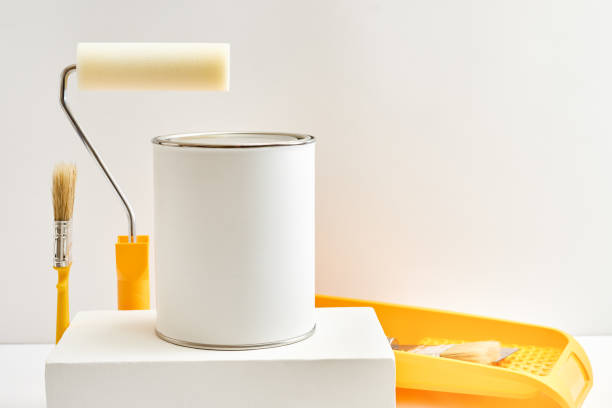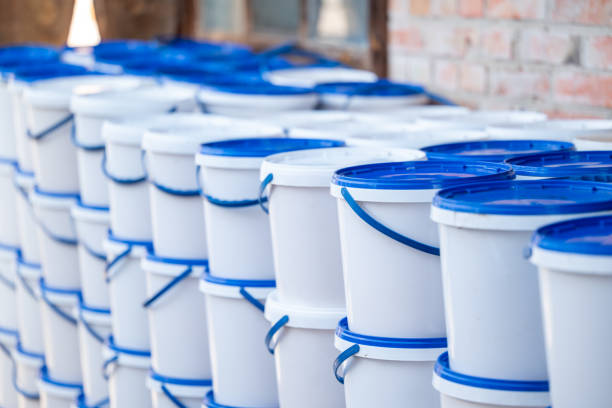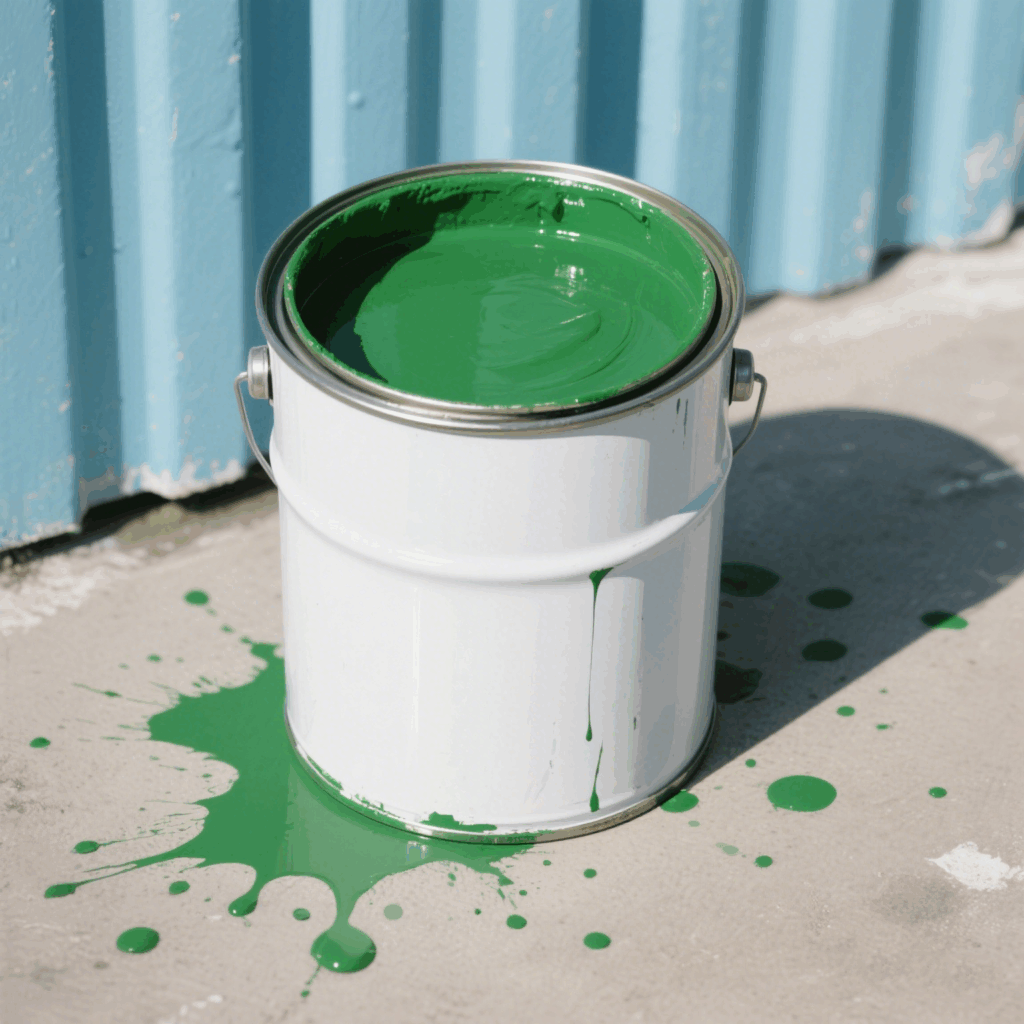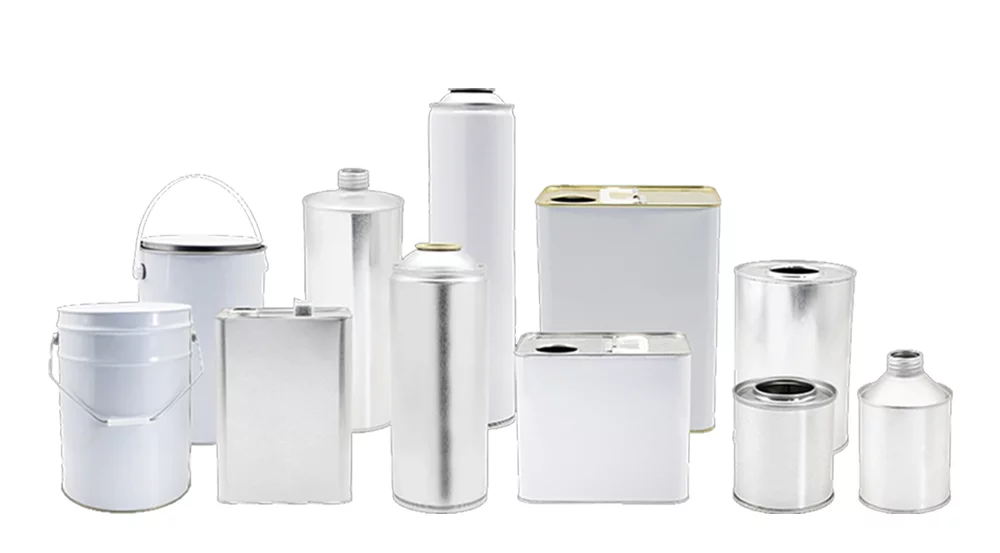When it comes to personal hygiene, deodorants are one of the most essential products we use daily. And among all the types available, deodorant aerosols stand out for their convenience, fast-drying action, and effectiveness. But you might have several questions: How do aerosol deodorants work? Are they safe? Do they expire? What ingredients should you be cautious about? And how do you choose the right one for your needs?
This all-in-one guide will walk you through every aspect of deodorant aerosols. From their rich history to modern formulations, from health and environmental safety to expert usage tips—this article aims to solve every problem or doubt you may have about aerosol deodorants.
1. A Brief History of Deodorant Aerosols
ยาดับกลิ่น, in general, have a fascinating backstory dating back to ancient civilizations. The first commercially available deodorant was launched in the late 19th century, but it wasn’t until the 20th century that aerosol sprays came into play.
The Birth of Aerosol Technology
Aerosol technology was developed during World War II, initially used to disperse insecticide for troops. By the 1950s, this technology was adapted for consumer products, and the first aerosol deodorants were launched. They quickly gained popularity for their hygienic, hands-free application.
Evolution Over the Years
-
1950s–1960s: Rise of spray deodorants with basic aluminum-based formulations.
-
1970S: Concerns about CFCs (chlorofluorocarbons) harming the ozone layer led to regulatory changes.
-
1980s–1990s: Introduction of safer propellants and improved ingredients.
-
2000s–Present: Innovations focused on natural ingredients, skin-friendly formulas, and sustainable packaging.
2. How Deodorant Aerosols Work

A deodorant aerosol is a pressurized canister that dispenses product as a fine mist. It typically contains:
-
Active Ingredients: To kill odor-causing bacteria (เช่น, alcohol or triclosan).
-
กลิ่นหอม: To mask or neutralize odor.
-
ใบพัด: Gases like butane, โพรเพน, or isobutane that allow the product to spray.
-
Solvents: To dissolve and blend the ingredients for even application.
Some products also function as antiperspirants, containing aluminum compounds to block sweat glands temporarily.
3. Safety and Health Concerns
Are Aerosol Deodorants Safe?
โดยทั่วไป, yes—when used as directed. But certain concerns should be understood:
-
Inhalation Risk: Prolonged or direct inhalation of aerosol sprays can irritate lungs, especially in confined spaces.
-
ความไวของผิวหนัง: Some users experience irritation due to alcohol, fragrance, or aluminum salts.
-
ความไวไฟ: Most aerosol deodorants are highly flammable due to their propellants.
Best Practices for Safe Use
-
Always use in a well-ventilated area.
-
Hold the can 6–8 inches away from the skin.
-
Avoid open flames or smoking immediately after spraying.
-
Don’t apply to broken or freshly shaved skin.
4. Do Aerosol Deodorants Expire?
ใช่, they do expire—typically within 2–3 years from the date of manufacture. While they may still “work” after expiration, several issues can arise:
-
Reduced Efficacy: The active ingredients might break down over time.
-
Changes in Scent: Fragrances can degrade and smell off.
-
Propellant Failure: You might find the can doesn’t spray properly.
Always check the bottom or side of the can for expiration details, and store your products in a cool, แห้ง.
5. ผลกระทบต่อสิ่งแวดล้อม
The aerosol industry has made significant strides in improving sustainability.
Old vs. New Propellants
-
Old: สารซีเอฟซี (banned in most countries now).
-
ใหม่: Hydrocarbons (like propane and butane) and compressed air—much safer for the ozone.
Packaging Waste
While metal cans are recyclable, many users don’t dispose of them correctly. Look for brands using:
-
Recyclable aluminum cans.
-
Refillable systems.
-
Biodegradable labels and eco-friendly inks.
6. What to Look for When Choosing a Deodorant Aerosol
Choosing the right deodorant aerosol depends on your personal needs, skin type, and lifestyle. Here’s what you should consider:
1. ผิวหนัง
-
Sensitive Skin: Opt for alcohol-free, fragrance-free formulas.
-
Normal Skin: Most standard deodorants are suitable.
2. Activity Level
-
Active Lifestyle: Look for long-lasting or sport-specific options.
-
Casual Use: Regular strength should suffice.
3. Fragrance Preferences
-
Mild: Ideal for those who wear perfume or cologne.
-
Bold: Good for users who want the deodorant to be their main scent.
4. Aluminum-Free vs. Antiperspirant
-
Deodorant Only: Fights odor but not sweat.
-
Antiperspirant: Blocks sweat using aluminum salts—effective but may irritate some skin types.
7. Application Tips for Best Results
-
Apply on clean, dry skin.
-
Avoid layering over previous applications—this can cause buildup.
-
Shake the can well before each use.
-
Allow product to dry before dressing to avoid stains.
8. Common Myths Debunked
Myth 1: “Deodorant aerosols cause cancer”
No scientific evidence directly supports this claim. Concerns about aluminum and parabens exist, but major health organizations consider them safe in small amounts.
Myth 2: “Natural deodorants are always better”
Natural isn’t always safer or more effective. It depends on your skin type and activity level.
Myth 3: “You don’t need deodorant if you don’t sweat much”
Even without sweating, bacteria can cause odor—so deodorant still plays a role.
9. คำถามที่พบบ่อย (คำถามที่พบบ่อย)
Q1: Can teenagers use deodorant aerosols?
ใช่, but choose mild, alcohol-free options for younger users.
Q2: Is it okay to use deodorant more than once a day?
ใช่, especially after exercise, but avoid over-applying to prevent irritation.
Q3: Can deodorant aerosols stain clothes?
They can, especially antiperspirants with aluminum salts. Let it dry before dressing.
Q4: Are unscented aerosol deodorants effective?
อย่างแน่นอน. They neutralize odor without adding fragrance, ideal for sensitive skin.
Q5: Can you bring deodorant aerosols on a plane?
ใช่, but under specific size limits (typically under 100ml/3.4 oz in carry-on).
11. ฟานซุน: Your Trusted Global Manufacturer
When it comes to quality, performance, and safety, ฟานซุน stands out as a world-class manufacturer and supplier of deodorant aerosol products. With a commitment to innovation and customer satisfaction, FANXUN offers:
-
Customizable formulations for different markets and skin types.
-
Various packaging options in size, shape, and design.
-
Eco-friendly manufacturing processes that meet global standards.
-
Reliable supply chains and professional service to brands worldwide.
Whether you’re launching a new personal care line or scaling an existing one, FANXUN provides top-tier deodorant aerosols you—and your customers—can trust.
บทสรุป
Deodorant aerosol sprays are more than just a convenience—they’re a key part of modern hygiene and confidence. From their historic origins to today’s advanced, skin-friendly options, users now have more choices than ever. While safety and environmental concerns do exist, informed usage and smart selection can mitigate most risks.
And if you’re in the market for high-quality deodorant aerosols—whether for personal use or business—ฟานซุน is your go-to global supplier. With unmatched expertise, state-of-the-art manufacturing, and flexible customization, ฟานซุน ensures you get exactly what you need, how you need it.
Ready to experience the future of freshness? Choose ฟานซุน—where innovation meets reliability.















